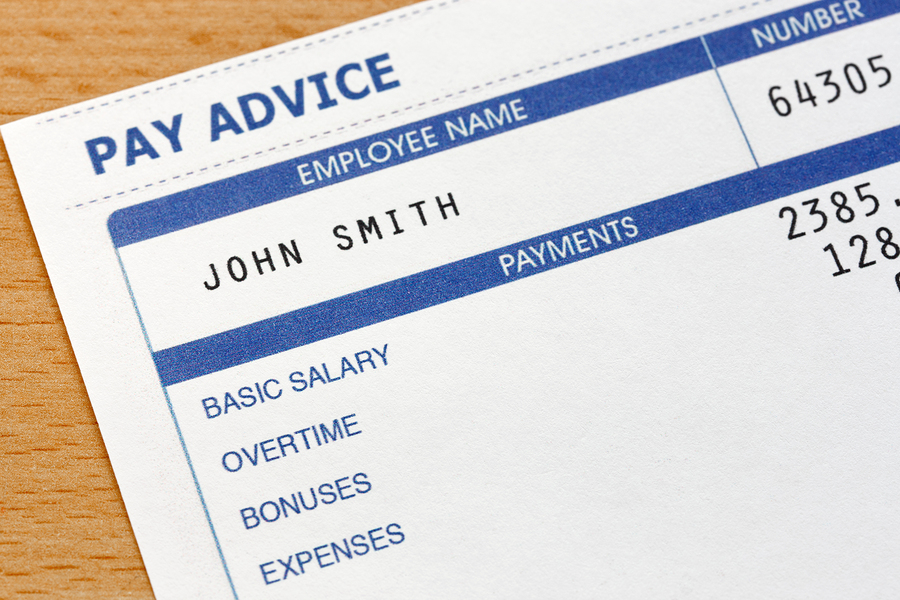 Unless you are a bookkeeper or other tax professional, you probably won’t know what a suspense account is or how to use it. It certainly isn’t a group of bookkeepers waiting with bated breathe for something but you could be forgiven for thinking it was! A suspense account is an account to which transactions that are unclear or require further discussion are allocated i.e. they are kept in suspense. The suspense account is used frequently by tax professionals but maybe something quite foreign to business owners. If it is used properly, the suspense account can be very helpful for both parties in terms of bookkeeping.
Unless you are a bookkeeper or other tax professional, you probably won’t know what a suspense account is or how to use it. It certainly isn’t a group of bookkeepers waiting with bated breathe for something but you could be forgiven for thinking it was! A suspense account is an account to which transactions that are unclear or require further discussion are allocated i.e. they are kept in suspense. The suspense account is used frequently by tax professionals but maybe something quite foreign to business owners. If it is used properly, the suspense account can be very helpful for both parties in terms of bookkeeping.
For business owners who do their own data entry:
Never ever guess where and/or how transactions should be posted in the accounts. This will result in your tax professional firstly having to find those erroneous transactions and then secondly having to reallocate them to their correct accounts. This takes time and costs you money! Instead, set up an “other expense” account and call it “Suspense” then allocate any transactions that you are unclear about to this account. Next, advise your tax professional about what you have done and why. He/she will allocate these transactions to their correct accounts for you. This helps to avoid mistakes and double-handling of transactions.
For tax professionals:
As you process a client’s accounts you are likely to come across transactions that are not clear to you. Never guess or assume that you know what a transaction is, instead just post it to the suspense account. Once you have reconciled all of the other transactions, you will be left with a list of “query” transactions in the suspense account. Send this list to your client and ask for further information about the transactions and if necessary, copies of the invoices or receipts to assist you. When you have all of the required information, you will be able to properly allocate the “query” transactions as required. By putting these transactions in the suspense account, you will still be able to reconcile the bank account to ensure the closing balance is correct.
Some tax professionals don’t like suspense accounts, preferring instead to leave query transactions out until they can discuss them with the client. I prefer to use a suspense account because doing so allows me to reconcile the bank account which may uncover other issues such as missing transactions or double-entered transactions etc. I also like the idea of putting all “query” transactions into one account so that a report can be raised from that account and given to the client to review – it’s nice and tidy :-). Business owners doing their own data entry can also benefit greatly from using a suspense account. Instead of wasting valuable time trying to work out what to do with a troubling transaction, they can simply allocate it to suspense and ask their bookkeeper or tax agent to deal with it. A suspense account, in my opinion, is a very handy little tool!










